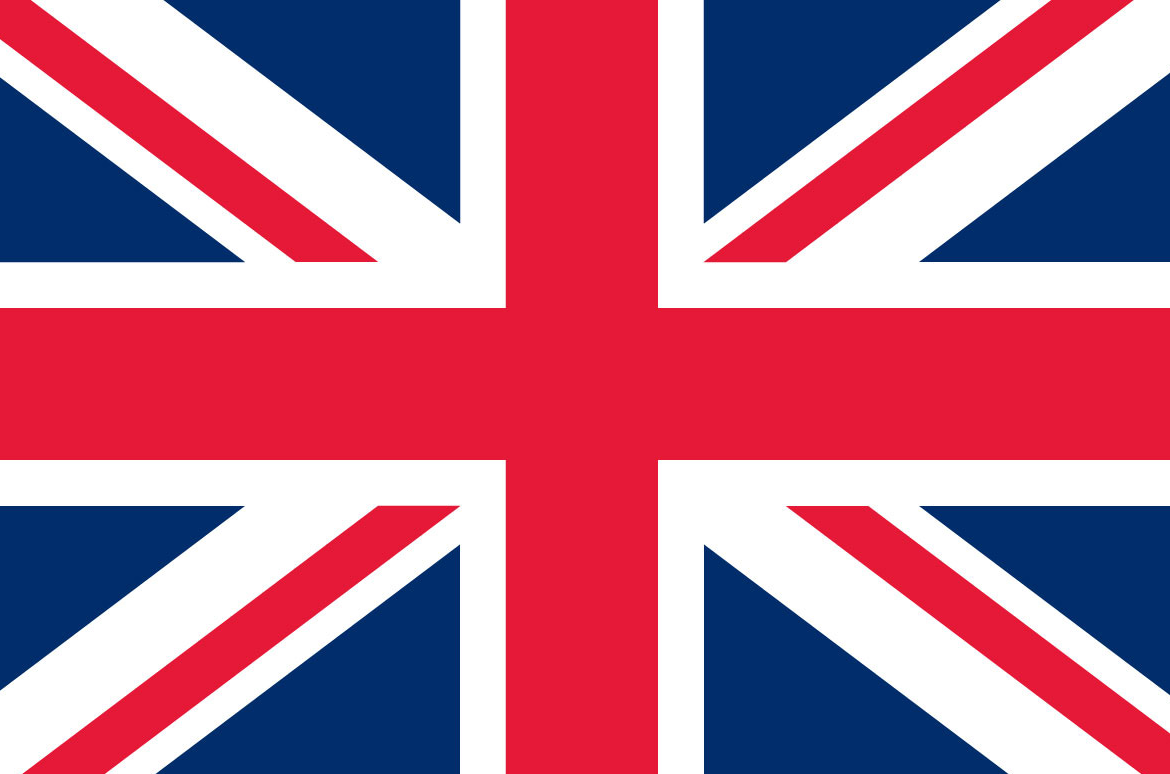International Convention on Civil Liability for Bunker Oil Pollution Damage (BUNKERS)
Maritime Civil Liability
International Convention on Civil Liability for Bunker Oil Pollution Damage (BUNKERS)
Breadcrumbs
- Maritime Administration
- Flag State
- Maritime Civil Liability
- International Convention on Civil Liability for Bunker Oil Pollution Damage (BUNKERS)
The International Convention on Civil Liability for Bunker Oil Pollution Damage (Bunkers Convention) was adopted in London on 23 March 2001 within the framework of the International Maritime Organization (IMO) and entered into force in the international legal system on 21 November 2008 and aims to ensure adequate, prompt and effective compensation for damage caused by pollution resulting from spills of oil, when carried as fuel in ships' bunkers and ensure also the adoption, in these circumstances and at international level, of uniform rules and procedures in relation to civil liability.
This Convention is also intended to fill the gap in international regulations with the scope of marine pollution liability, since, despite the compensation for oil pollution damage caused by oil tankers is covered in part by the 1992 International Convention on Civil Liability for Oil Pollution Damage (the Liability Convention), there was no similar regime extending to ships other than oil tankers until the entry into force of the Bunkers Convention.
The Bunker Convention shall apply only to pollution damage caused in the territory, including the territorial sea, of a State Party and in the exclusive economic zone of a State Party, as defined in accordance with international law, and to preventive measures to prevent or minimize such damage. For the purposes of the application of the Bunker Convention, pollution damage shall mean any loss or damage outside the ship caused by contamination resulting from the escape or discharge of bunkers from the ship, wherever such escape or discharge may occur, on the understanding that compensation for deterioration of the environment, other than loss of profit resulting from such deterioration, shall be limited to the cost of reasonable reconditioning measures actually taken or to be taken.
The Convention makes the ship-owner liable to pay compensation for pollution damage, including the costs of preventive measures, while maintaining the rights of the ship-owner, or of a person or persons accepting insurance or providing other financial security, to limit their liability under any applicable national or international regime.
Portugal ratified, through Decree of the President of the Republic No. 35/2015 of 12 June, the International Convention on Civil Liability for Bunker Oil Pollution Damage, approved by Resolution of the Assembly of the Republic No. 62/2015, on 2 April 2015.
The Bunkers Convention entered into force on 21 October 2015 in Portugal, in accordance with Article 14 (2) thereof.
The International Convention on Civil Liability for Pollution Damage from Bunker Fuel, adopted in London on March 23, 2001, applies exclusively:
- in the territory, including the territorial sea, of a State Party; and in the exclusive economic zone of a State Party established in accordance with international law, or, if the State Party has not established such a zone, in a zone beyond and adjacent to the territorial sea of that State, which that State has established in accordance with international law and which does not extend beyond 200 nautical miles from the baselines used for measuring the breadth of its territorial sea
- safeguard measures, wherever taken, to prevent or minimise such damage.
After the competent authority of a State Party has certified that the requirements of the Convention have been met, an insurance certificate shall be issued to each ship, certifying that it has insurance or other valid financial cover in accordance with the provisions of the Convention. In the case of vessels registered in a State Party, such certificates shall be issued or certified by the competent authority of the State in which the ship is registered. With respect to ships registered in a State which is not a Party to the Convention, the insurance certificate may be issued or endorsed by the competent authority of any State Party.



